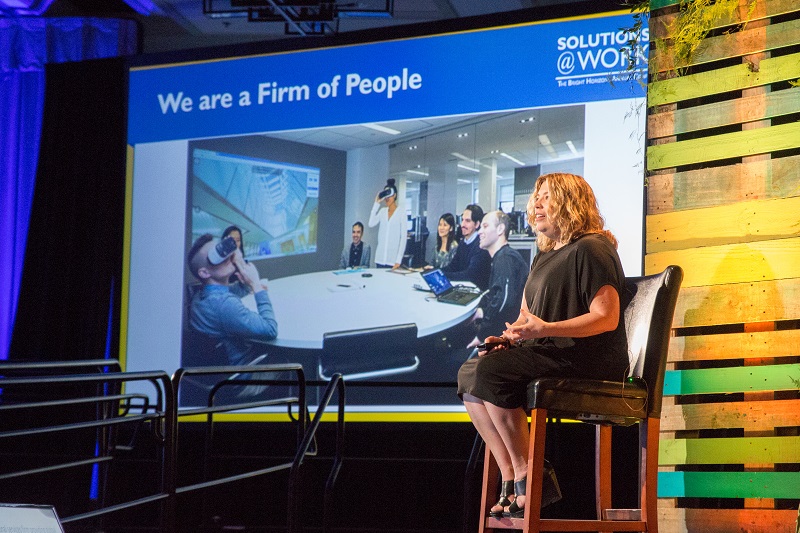The case for corporate child care just got a much-deserved boost in the news.
Slate's in-depth analysis, including an interview with our own Executive Chairman Dave Lissy, considered the urgency of child care for parents and society ("one of the biggest costs and sources of stress for most American working families,"), the shortage of supply, and the fact that the government and corporate sectors both have critical roles to play.
"If you look at child care funding as a three-legged stool," Dave told Slate about parents, the government, and employers, "we've pretty much pushed what a parent can afford to pay as much as I think is possible." Equally important, he noted, the cap on assistance plans remains stuck at its 1980s cap of $5,000. With only 7% of companies currently offering on-site care, "The opportunity for expansion," said Dave, "is on the government and employer side."
Read the whole article, here.
"If you look at child care funding as a three-legged stool," Dave told Slate about parents, the government, and employers, "we've pretty much pushed what a parent can afford to pay as much as I think is possible." Equally important, he noted, the cap on assistance plans remains stuck at its 1980s cap of $5,000. With only 7% of companies currently offering on-site care, "The opportunity for expansion," said Dave, "is on the government and employer side."
What Employers Have to Gain
Data make a clear case for what employers have to gain. Among the points cited by Slate:- Nearly half of working parents miss an average of four days of work at least once every six months because of child care breakdowns
- Those absences cost U.S. businesses about $4.4 billion a year in lost productivity
Read the whole article, here.





